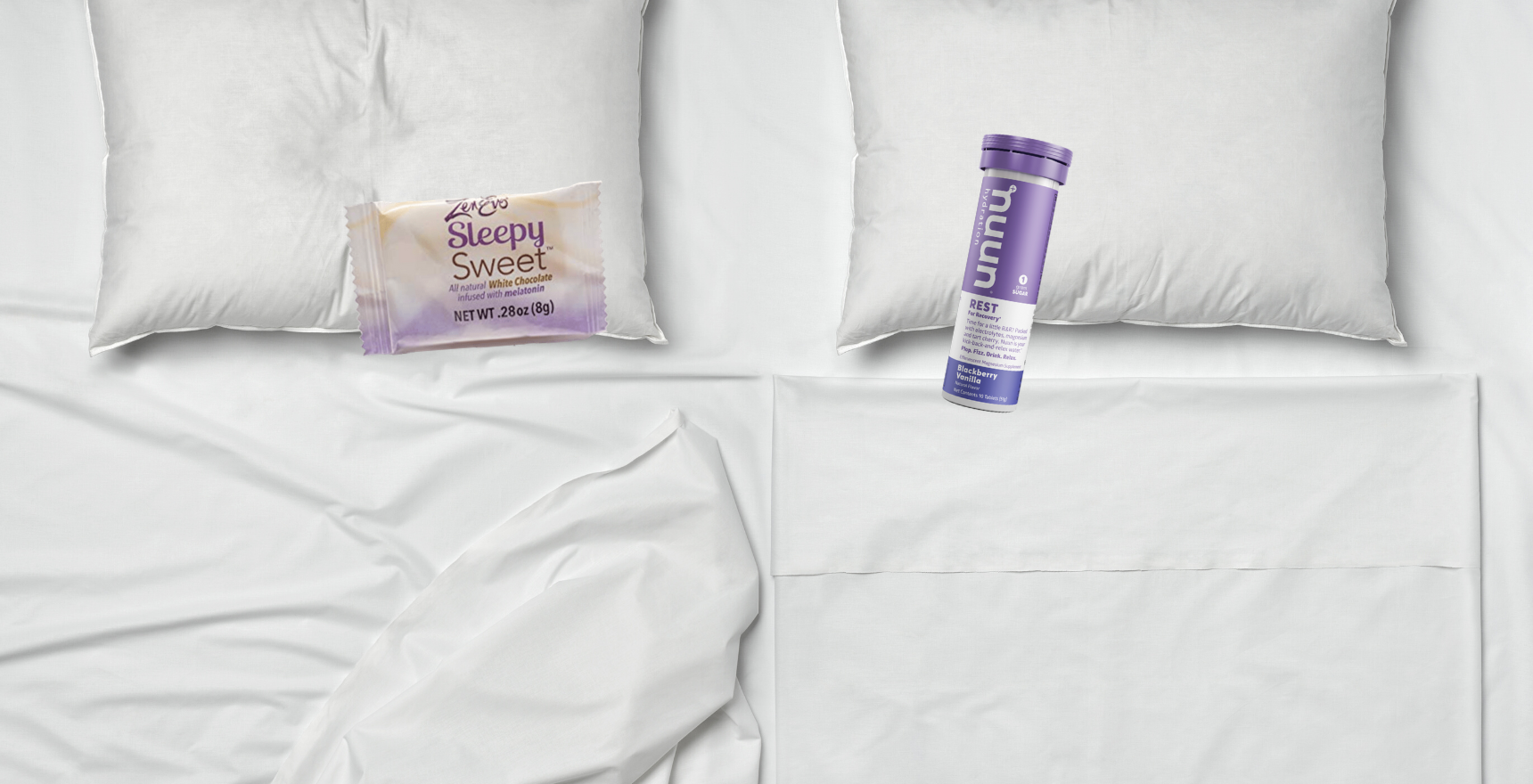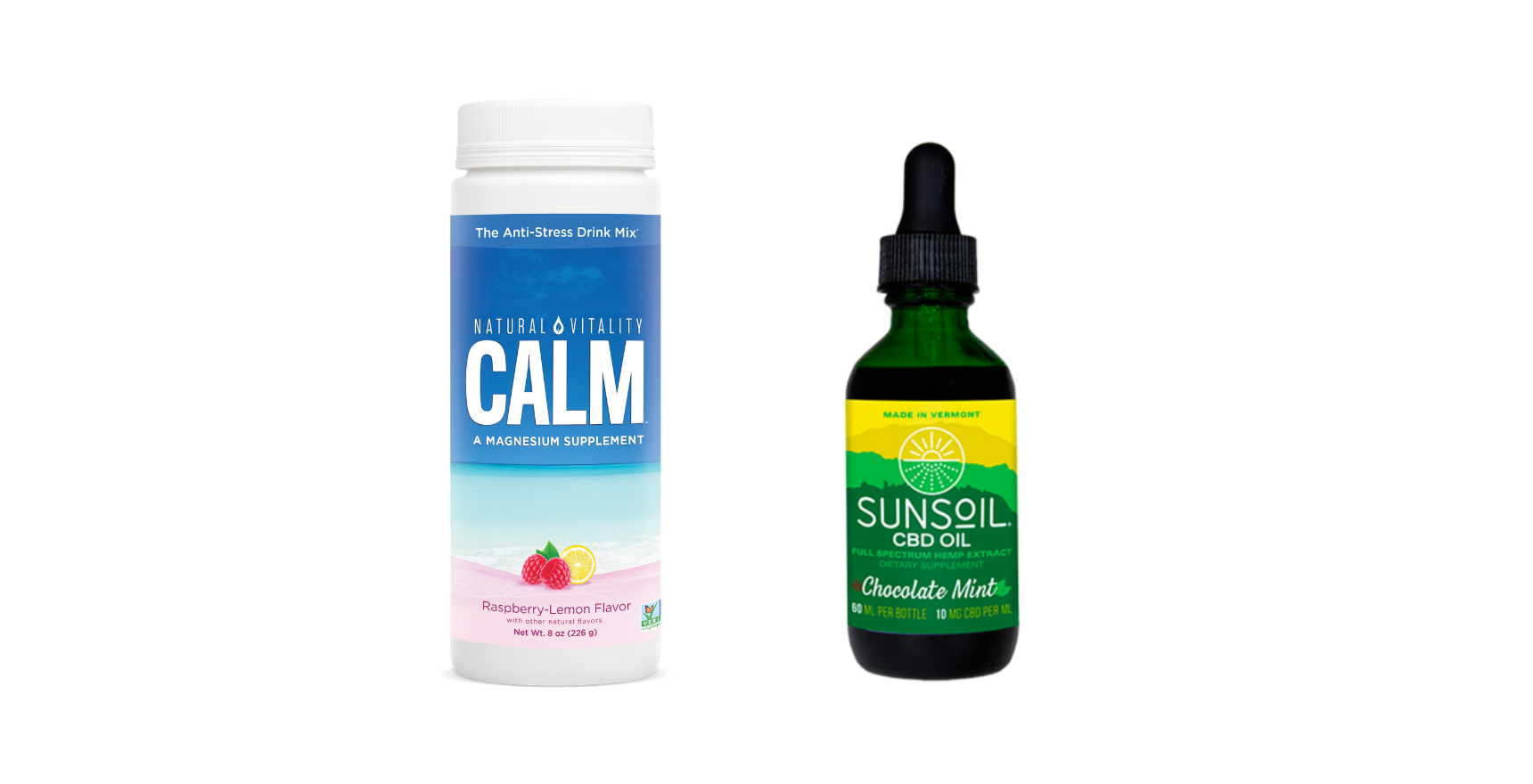Sleep: Why You Need to Improve Your Sleep Habits & HOW
Posted by Bridget on Jun 16th 2020

One of the most overlooked pieces of the health and fitness puzzle is SLEEP. We know everyone knows that sleep is an important part of a healthy lifestyle. But so many of us like to think that it’s not really that important, or maybe it doesn’t apply to us.
Studies have shown an association between reduced sleep and increased weight. Not to mention the obvious; better sleep = better energy. Better energy = increased productivity, improved attitude, better life.
So how can you improve sleep if you struggle to get in your 7-8 hours each night, whether it be due to your schedule, trouble falling asleep, or tossing and turning? Here are our top tips to improve sleep:
1. Be physically active: It doesn’t matter how many hours of work you’re logging at your desk and how tired you might feel because of it--get your body burning and moving to make falling asleep and staying asleep a lot easier. Ever notice how good you sleep after a hard workout or a day of yard work? Regular exercise (at least 30 minutes 4-5 times a week) will have the same effect.

2. Improve your “sleep hygiene”/pre bedtime routine: Why do you think you probably followed some sort of bedtime routine as a kid? If you struggle with sleep, getting into a healthy routine is one the most important steps to take. What does a healthy routine look like? You know the drill--no screens an hour before bed (including your phone!), low lighting, and whatever activities relax you and put you in the right mindset for sleep. For some of us this might be something more physical, like a stretching routine or a skincare routine. For others, this might look more like reading, praying, or meditation. All that matters is to find what works best for you.

3. Don’t consume stimulants too late in the day: Consider how much caffeine you are consuming during the day, especially past 1 pm. Caffeine has a half life of about 5 hours. This means that if you consume 200 mg caffeine at 3 pm (a typical energy drink), by 8 pm you’ll still have 100 mg caffeine in your system. Most of us do not need the equivalent of a cup of coffee in our system at 8 pm. If you keep your caffeine consumption to the earlier hours of the day, you will be in a much better place to fall sleep once your bedtime comes around.
4. Melatonin: Melatonin is probably the most well-known sleep supplement. Melatonin is a hormone that our body makes naturally each night. However, for some of us production levels are not where they should be, or are disrupted by other factors (too much screen time or light at night, irregular schedule, etc). Supplementation can help improve this. Our favorite option is ZenEvo Sleepy Sweet white chocolate with melatonin. When you are consuming a melatonin supplement sublingually or orally (as opposed to a capsule), it is absorbed better and faster, which is important when it comes to falling asleep on time. The white chocolate is low sugar and tastes delicious, and we have been told that it actually helps cut off nighttime cravings--the one square is enough to curb your nighttime sweet tooth.
5. Magnesium or CBD: These two popular sleep supplements work to calm your body and help reduce stress, the culprit of sleep issues for many individuals. They both have loads of other benefits, so it’s hard to go wrong with either one--both are great for mental stress (racing thoughts, anxiety, mood) and physical stress (inflammation, muscle cramps and aches, etc). Much like with melatonin, we suggest consuming these two sublingually for better, faster results. Eddie has promoted Calm magnesium powder for the past 15 years. As far as CBD oil goes, any liquid option is preferred before bed, and be sure to hold it under the tongue for 20-30 seconds.

6. Listen to your body: To eat before bed, or to not eat before bed? We suggest listening to your body (and not random studies online, because you can find studies proving the point both ways). For some individuals, consuming food late at night can interrupt sleep quality. For others, hunger at night might wake them up. This is why it’s important to listen to your body. As a general rule of thumb, we would advise against large meals or sugary foods before bed, and would instead lean towards slower digesting proteins, like casein. A great option would be Greek yogurt with almond butter and a little fruit to taste--Greek yogurt is loaded with casein protein, the almond butter is a healthy fat that will stick with you longer, and the fruit will help satisfy any type of sweet craving.

